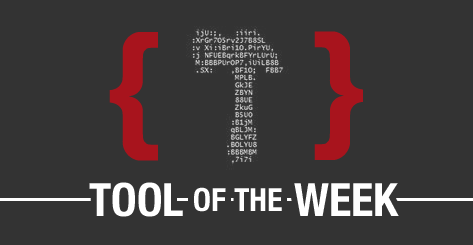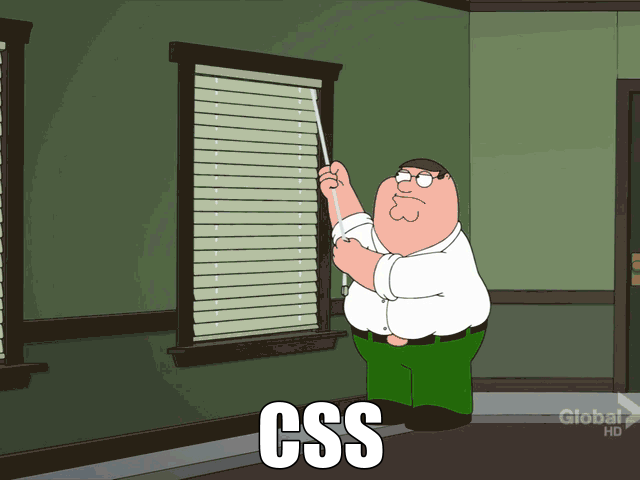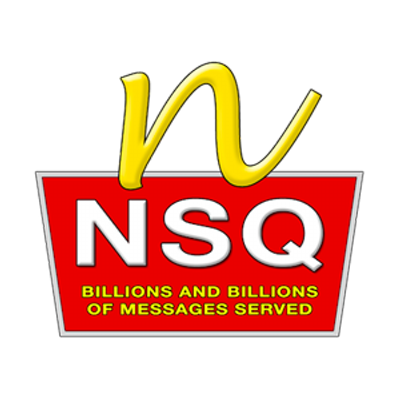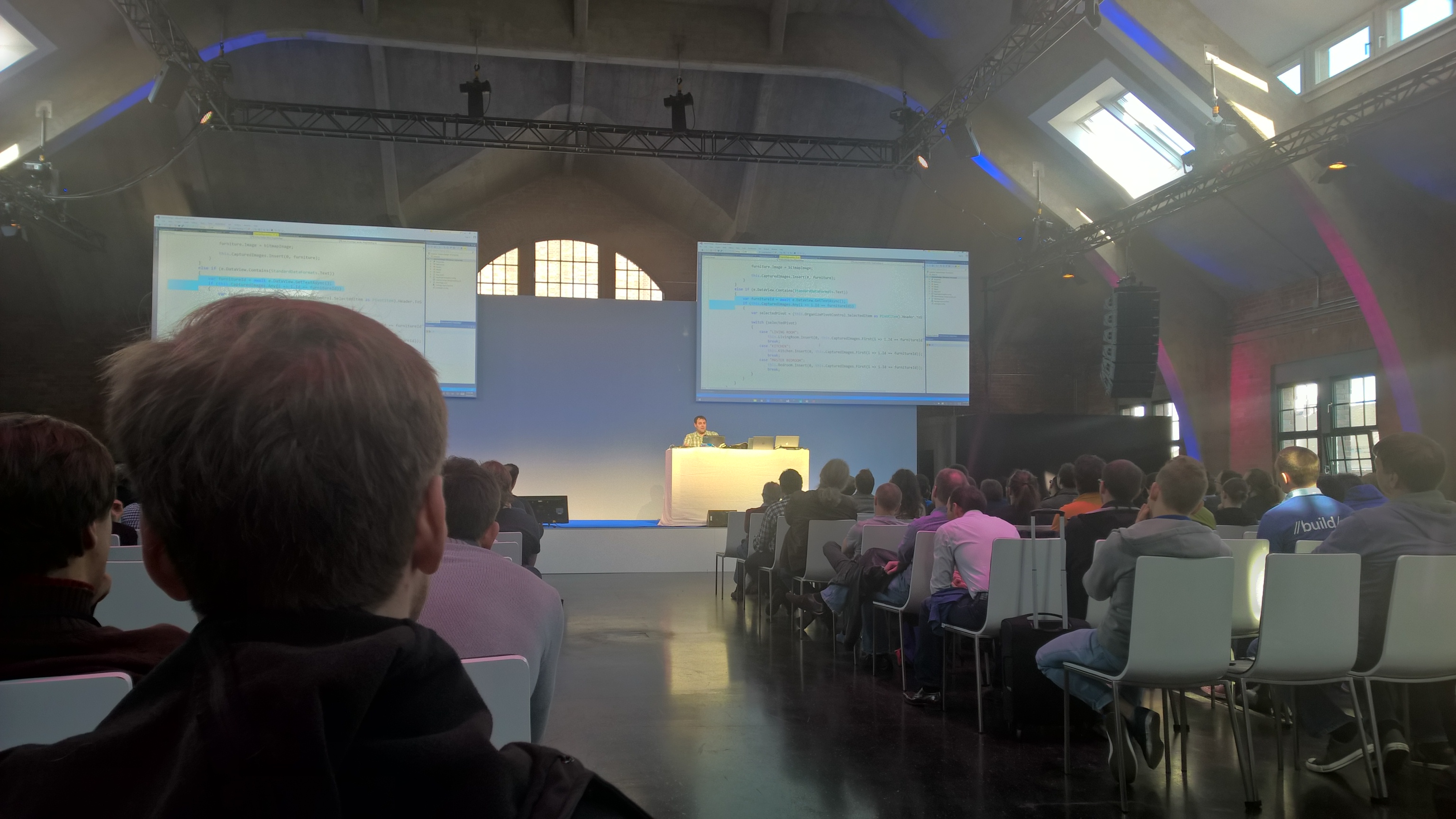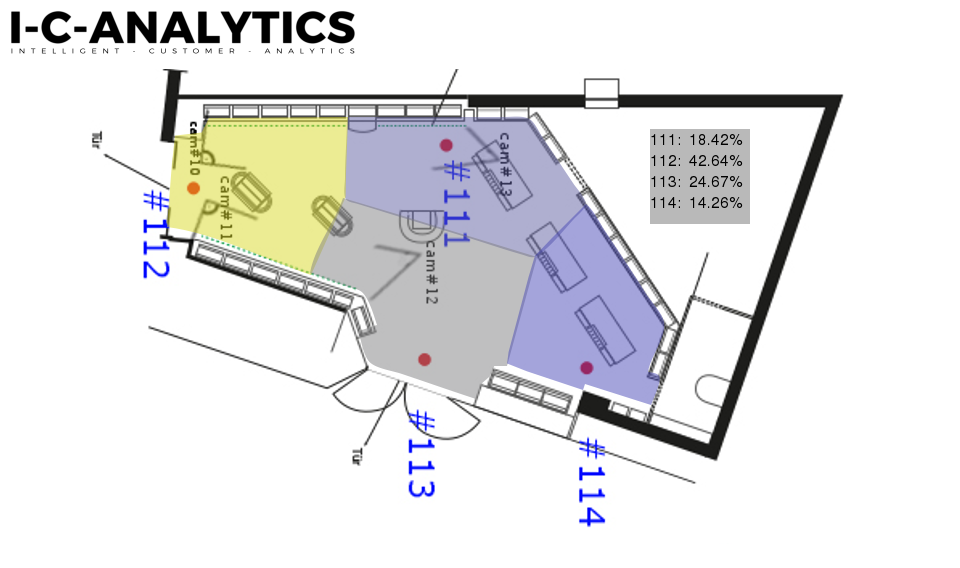An ounce of prevention is worth a pound of cure.
— Benjamin Franklin
What we read about, found out, and learned about Peer Reviews
develop and choose workflows best suited for your team, project and the task to be reviewed:
code review / buddy checking: reviewer is reviewing alone walkthru: the author shows step by step what has been done, why it has been done, and how it works: here, often the benefits of rubber duck debugging apply: the author, guiding the reviewer through the code, often finds issues while pointing out how everything should be working group review you might develop own checklists for code quality or project specific requirements (docs, comments, other conventions) general steps
[Read More]



